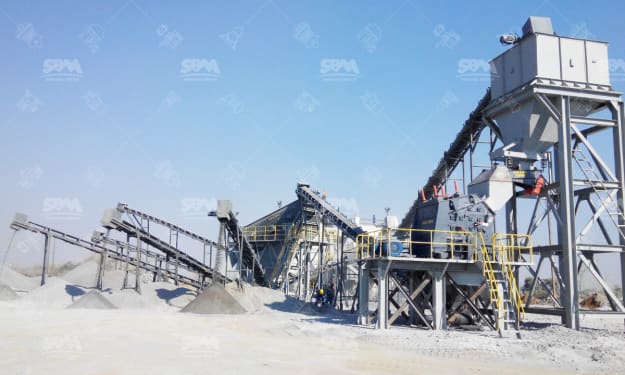
While it's undeniable that the world is experiencing a significant rise in temperature, some might question the use of the term "climate crisis." Is it too dramatic? Well, when you consider that our planet is currently experiencing the highest temperatures in human history, with devastating consequences already unfolding, and we're on a trajectory to make things even worse, the term "crisis" begins to make perfect sense. Especially when you factor in that we're cutting it incredibly close.
The state of the world today can be overwhelming, with a global pandemic, growing social inequality, political polarization, and the persistent challenge of climate change.
In this series, we will delve into how we reached this critical point, where we are headed, and what actions we can take to make a positive difference. Welcome to "The Breakdown."
Back in the early days of the internet and the Macarena dance craze, the United Nations was grappling with a much less entertaining issue: the realization that man-made climate change had become inevitable. This led to annual gatherings of world leaders known as the Conference of the Parties (COP) meetings.
One of the significant COP gatherings took place in Kyoto, where industrialized nations, for the first time, agreed to limit and reduce greenhouse gas emissions. However, progress was disappointingly slow, and subsequent COP meetings in Durban, Doha, Warsaw, and Lima failed to yield significant results.
Then, in 2015, a momentous event occurred in Paris. Cristiano, a prominent figure in these conferences, played a crucial role in crafting the Paris Climate Agreement. This historic agreement, signed by 195 countries, legally binds them to keep global warming well below two degrees Celsius above pre-industrial levels.
But why two degrees? To understand this, let's look at the temperature rise graph since the industrial revolution. Temperatures have already increased by 1.1 degrees, resulting in observable effects. Currently, we are on track for a three to four-degree increase by the end of the century, with catastrophic consequences.
However, in 2018, a group of leading climate scientists asserted that the Paris Agreement didn't go far enough. They argued that to secure a livable future, global temperatures must not exceed 1.5 degrees. Even half a degree can make a world of difference for ecosystems and livelihoods.
A shift from 1.5 to 2 degrees would have dire consequences, pulling more people into climate-related poverty and worsening the risk of droughts, floods, extreme heat, and food scarcity for hundreds of millions. The difference between 1.5 and 2 degrees is immense.
The urgency to act grew even clearer when the Intergovernmental Panel on Climate Change (IPCC) declared that to stay below 1.5 degrees, carbon emissions must decline significantly before 2030. This leaves us with less than nine years to cut global emissions in half.
These findings sparked a wave of climate activism worldwide. Greta Thunberg, the Sunrise Movement, and others mobilized people who previously hadn't grasped the gravity of the issue.
Governments are beginning to respond. The Biden administration is implementing an ambitious clean energy and environmental justice plan in the United States. The UK has a 10-point plan to reduce emissions substantially. China has pledged to peak emissions by 2030 and reach net-zero by 2060.
While progress is being made, it's crucial for countries to fulfill their commitments and maintain momentum. COP 26 in Glasgow this year will be a pivotal moment to review and strengthen these efforts.
This is undeniably a crisis, but it's also an opportunity to reimagine aspects of society that aren't working and transform our economy and energy industry while creating millions of new jobs. We have a unique chance to build a greener, cleaner, and more equitable world for all. The future truly depends on it.
About the Creator
Edwin
Hi am Edwin.... thanks for visiting my page






Comments
There are no comments for this story
Be the first to respond and start the conversation.